Research by the GlobalWebIndex tells us Southeast Asian countries have some of the world’s highest e-commerce adoption rates. E-Commerce startups offer people the convenience and accessibility of shopping from the comforts of their home. With Southeast Asian regions advancing and increasing their internet usage over the last couple of years, there’s a lot of room for e-commerce startups to establish and cater to the people there.
Let’s explore the Top 10 E-Commerce Startups in Southeast Asia in this article:
1. Tokopedia
Founders: Leontinus Alpha Edison, William Tanuwijaya
Founding Year: 2009
Headquarters: Jakarta, Indonesia
Funding received: US$ 2.8 Billion
Investors: Sequoia Capital India, East Ventures, Temasek Holdings, Alibaba Group, CyberAgent Capital, SoftBank Vision Fund, SoftBank Ventures Asia, Google, Beenos Partners, EV Growth, Patrick Cheung, Indonusa Dwitama, Softbank Telecom Corp
Tokopedia is an online market that enables individuals and small and medium-sized business owners to open and maintain their online store effortlessly and free of cost while providing better and safer online shopping experience to their customers. Its platform has enabled millions of individuals, MSMEs and entrepreneurs in Indonesia to sell products to customers across Indonesia. This venture has opened millions of new jobs in Indonesia.
Tokopedia’s vision is to develop an ecosystem where anyone can start searching and find whatever they want and is recognized as a unicorn startup.
2. Zilingo
Founders: Ankiti Bose, Dhruv Kapoor
Founding Year: 2015
Headquarters: Singapore
Funding received: US$ 307.9M
Investors: Sequoia Capital, Wavemaker Partners, Sequoia Capital India, Temasek Holdings, Draper Associates, Amadeus Capital Partners, BEENEXT, EDBI, Digital Garage, Tim Draper, Beenos Partners, Kunal Shah and 9 other investors
E-Commerce platform Zilingo is a B2B marketplace for wholesale buyers and sellers in fashion, lifestyle, furniture, home goods, office supplies, fabric, FMCG, health & beauty, and medical supplies. It aims to make the fashion and beauty supply chain more efficient through technology. Zilingo also operates in Indonesia, Hong Kong, Thailand, Philippines, Australia, India and the United States.
3. Tiki Corporation
Founders: Son Tran Ngoc Thai
Founding Year: 2010
Headquarters: Ho Chi Minh City, Vietnam
Funding received: US$ 192.5M
Investors: Temasek Holdings, CyberAgent Capital, Innoven Capital, Korea Investment Partners, JD.com, Sumitomo Corporation, United Overseas Bank, Stic Investment, Northstar Group, SparkLabs Ventures, VNG
Tiki.vn is the fastest-advancing B2C e-commerce startup in Vietnam. It features over 300,000 products across 12 categories of electronic gadgets, lifestyle products and books. The startup claims to have attained the highest customer satisfaction rate and the lowest return rate among all e-commerce players in Vietnam. This has been possible because it controls the end-to-end supply chain, from collaborating with brands to delivering first-class products to managing warehouse logistics to processing payments and providing efficient customer service.
4. Carousell
Founders: Lucas Ngoo, Marcus Tan Yi Wei, Quek Siu Rui
Founding Year: 2012
Headquarters: Singapore
Funding received: US$ 177.9M
Investors: 500 Startups, Sequoia Capital India, EDBI, Golden Gate, Rakuten, Quest Ventures, Naver Corporation, Rakuten Capital, K3 Ventures, DBS Bank, Mirae Asset-Naver Asia Growth Fund, Darius Cheung, NH Investment & Securities, Pobts, Danny Oei Wirianto
Carousell is a C2C and B2C online marketplace that allows people to buy and sell new and used items. The Carousell website and mobile app host various products across categories including cars, clothing, houses, lifestyle, gadgets, fashion accessories and more. It also operates in Malaysia, Indonesia, the Philippines, Cambodia, Taiwan, Hong Kong, Macau, Australia, New Zealand and Canada.
5. Moglix
Founders: Rahul Garg
Founding Year: 2015
Headquarters: Singapore
Funding received: US$ 102.2M
Investors: Accel, Bessemer Venture Partners, Tiger Global Management, Sequoia Capital India, International Finance Corporation, InnoVen Capital, Jungle Ventures, Venture Highway, rocketship.vc, Ratan Tata and 6 other investors
Moglix is an e-commerce startup focusing on industrial tools and equipment. It procures and supplies utility-based products such as MRO, safety, electrical & lighting, cleaning & laundry supplies, office supplies, tools and many more industry essentials. It provides procurement services to India, Europe, SEA, the UK and UAE and exports items to over 53 countries worldwide.
6. GudangAda
Founders: Steven Sang
Founding Year: 2018
Headquarters: Jakarta, Indonesia
Funding received: US$ 35.9M
Investors: Wavemaker Partners, Sequoia Capital India, Alpha JWC Ventures, Pavilion Capital
GudangAda is an online B2B market for fast-moving consumer goods (FMCG). It connects small mom-and-pop retailers (small and independent family-owned businesses) with wholesalers. The platform empowers the FMCG supply chain by removing a technology gap, enabling traders to become both sellers and buyers in processing multiple transactions simultaneously. This way, businesses can sell products at affordable rates and increase their reach.
7. Ula
Founders: Alan Wong, Derry Sakti, Nipun Mehra and Riky Tenggara
Founding Year: 2019
Headquarters: Jakarta, Indonesia
Funding received: US$ 30.5M
Investors: Sequoia Capital India, Quona Capital, B Capital Group, Lightspeed India Partners, SMDV, Sujeet Kumar, Saison Capital, Alter Global, Amod Malviya, 10K Ventures, Patrick Walujo, Rohan Monga, Vaibhav Gupta, Willy Arifin
Ula is a B2B e-commerce bazaar that provides working capital and inventory sourcing for small business owners. Its Indonesia-focused online shopping app uses technology to streamline distribution and loan acquirement in the traditional retail sector. Its platform provides small business owners modest pricing, variety of goods and favourable payment terms.
Ula is effectively addressing major pain points surrounding supply chain and financial services to keep its sellers up to date in today’s digital age.
8. HappyFresh
Founders: Benjamin Koellmann, Fajar Budiprasetyo, Kai Kux, Konstantin Lange, Tim Marbach
Founding Year: 2014
Headquarters: Cilandak, Indonesia
Funding received: US$ 30M
Investors: 500 Startups, Vertex Ventures, BEENEXT, Endeavor Catalyst, Cherry Ventures, Vertex Ventures Southeast Asia & India, Naver Corporation, GE32 Capital, LINE Ventures, SMDV and 8 other investors
HappyFresh is an e-grocery startup that enables people to shop products from popular grocery stores around the Cilandak region at the click of a button. It operates its own set of delivery vehicles and employees that pick the fresh groceries from affiliating supermarkets. It also works in Malaysia and Thailand.
9. TaniHub
Founders: Edwin Setiawan, Ivan Arie Sustiawan, Michael Jovan Sugianto, Miftahul Choiri, Oki Setiawa, Pamitra Wineka, Wahyu Setyo Nugroho, Wawan B. Setyawan, William Setiawan
Founding Year: 2015
Headquarters: Jakarta, Indonesia
Funding received: US$ 29M
Investors: Vertex Ventures, Tenaya Capital, Golden Gate, Openspace Ventures, Alpha JWC Ventures, UOB Venture, Intudo Ventures, BRI Ventures, DFS Lab
TaniHub is a B2B online agriculture marketplace connecting farmers with food, hotel, restaurant, and catering business owners. It empowers local farmers by providing them market access and financial upliftment with a B2B platform that helps farmers sell their produce directly to individuals or MSME (micro, small, and medium enterprises) owners and a microloan fund that grants farmers access to working capital for growth, respectively.
10. Boson Protocol
Founders: Gregor Boroša, Justin Banon
Founding Year: 2019
Headquarters: Singapore
Funding received: US$ 3.8M
Investors: Outlier Ventures, Outlier Ventures Base Camp, Trent McConaghy
Boson Protocol is a blockchain protocol for real-world trading items in a fully automated and reliable manner. It focuses on enabling autonomous decentralized commerce and is building the infrastructure to connect smart contracts with real-world commerce and its data. Once the Boson Protocol solution is ready, it will enable users to tie digital assets to real-world items, simplifying the exchange of digital and physical products and services.
We try our best to fact check and bring the best, well-researched and non-plagiarized content to you. Please let us know
-if there are any discrepancies in any of our published stories,
-how we can improve,
-what stories you would like us to cover and what information you are looking for, in the comments section below or through our contact form! We look forward to your feedback and thank you for stopping by!
Next Story

























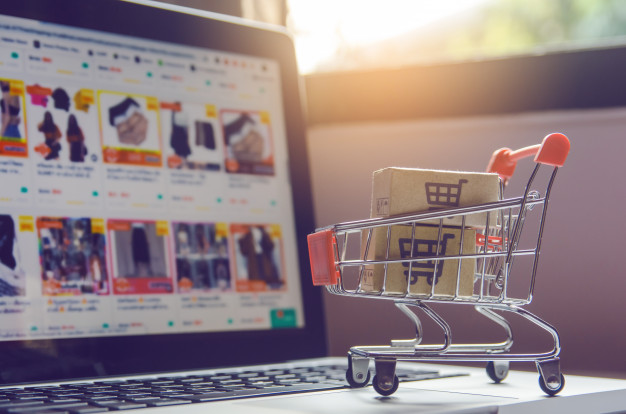

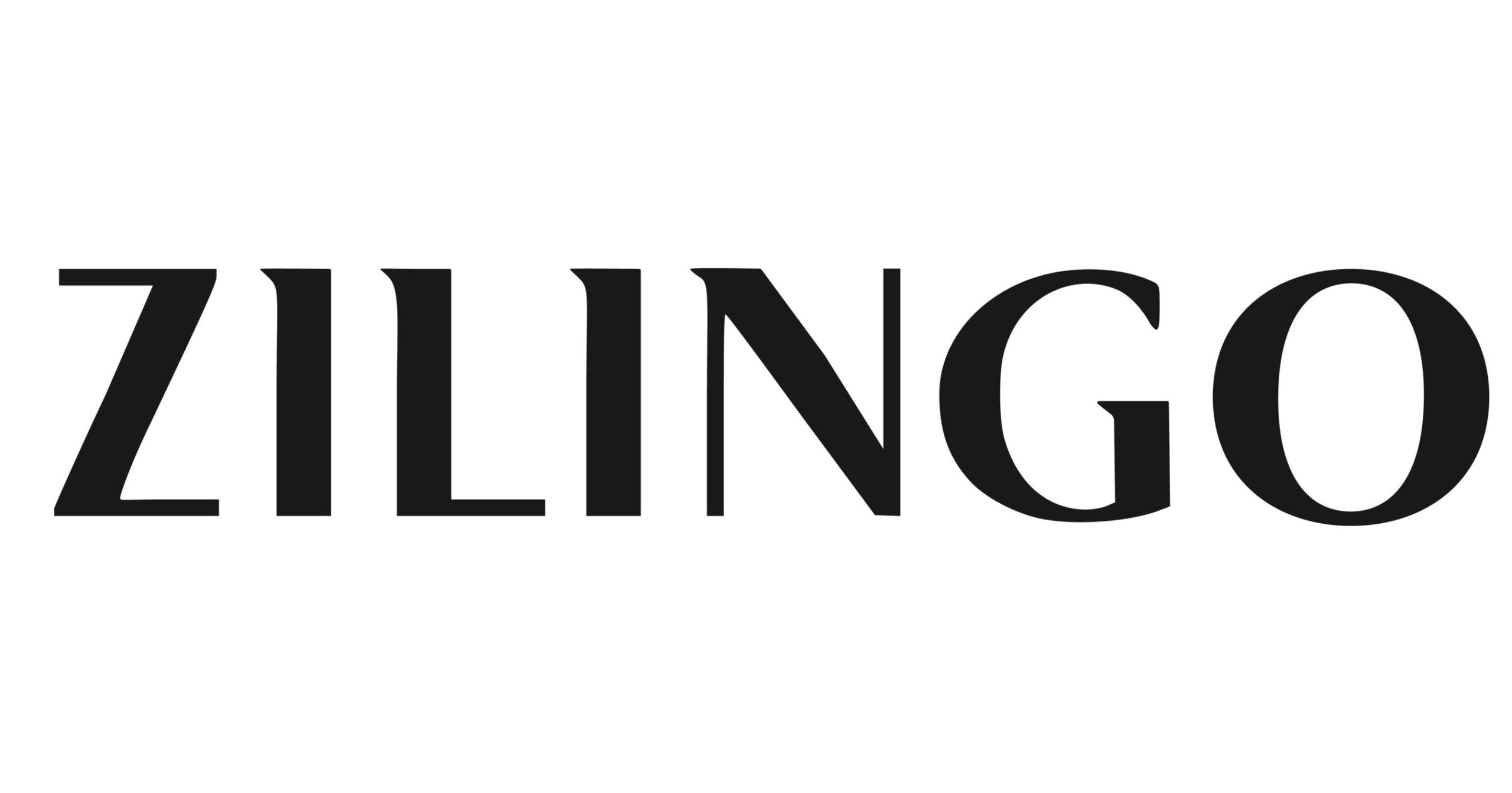
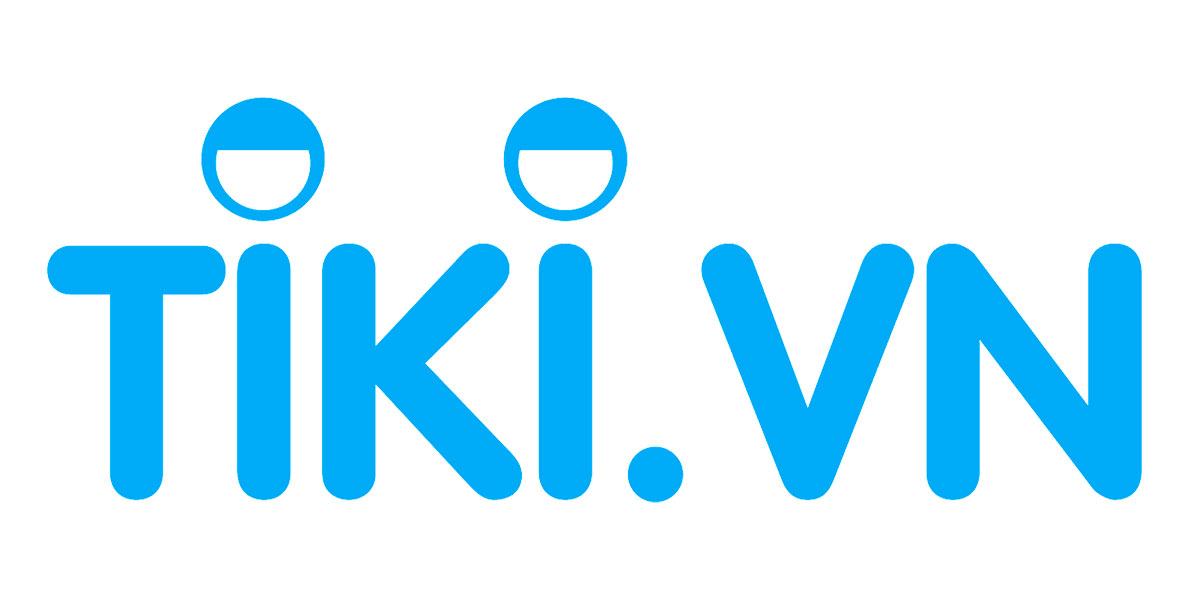

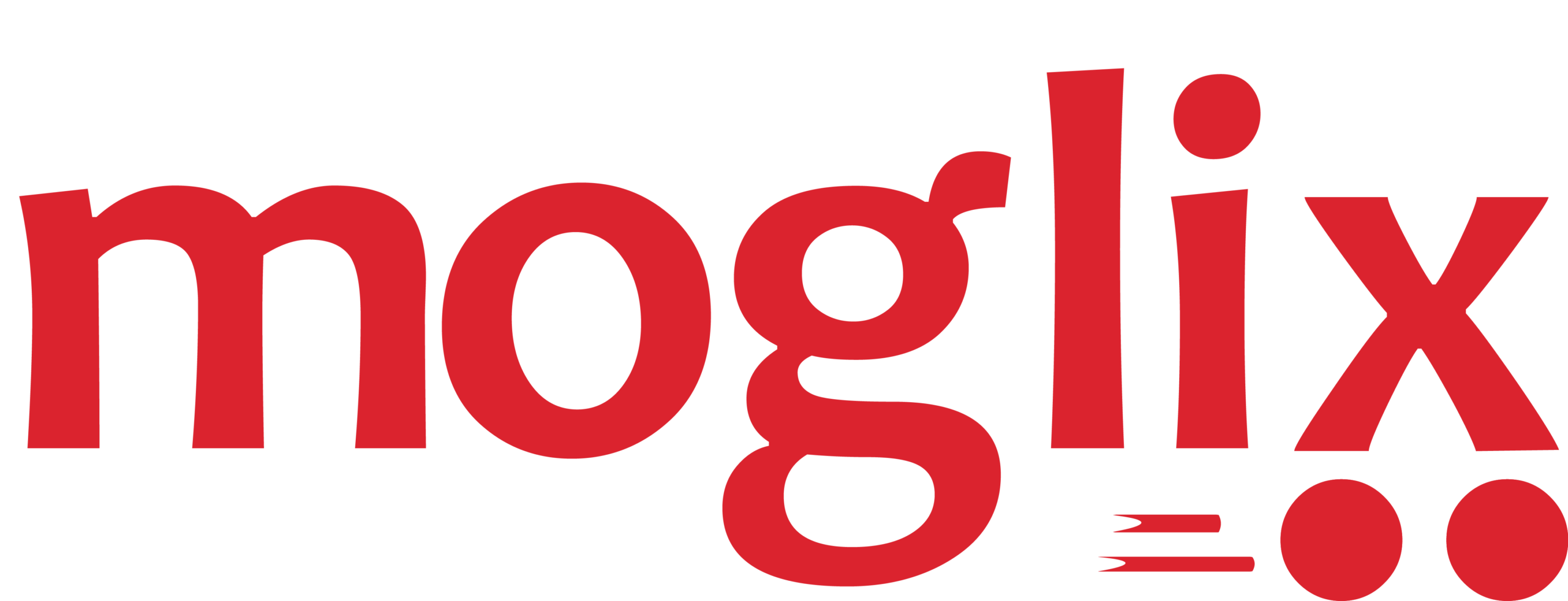




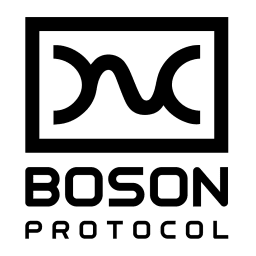








[…] Top 10 E-Commerce Startups in Southeast Asia […]
[…] Top 10 E-Commerce Startups in Southeast Asia […]
[…] Pierse, Wayflyer is a revenue-based financing platform for eCommerce brands. It aims to support e-commerce merchants’ “unlock growth” by giving them access to the working capital which is from USD […]